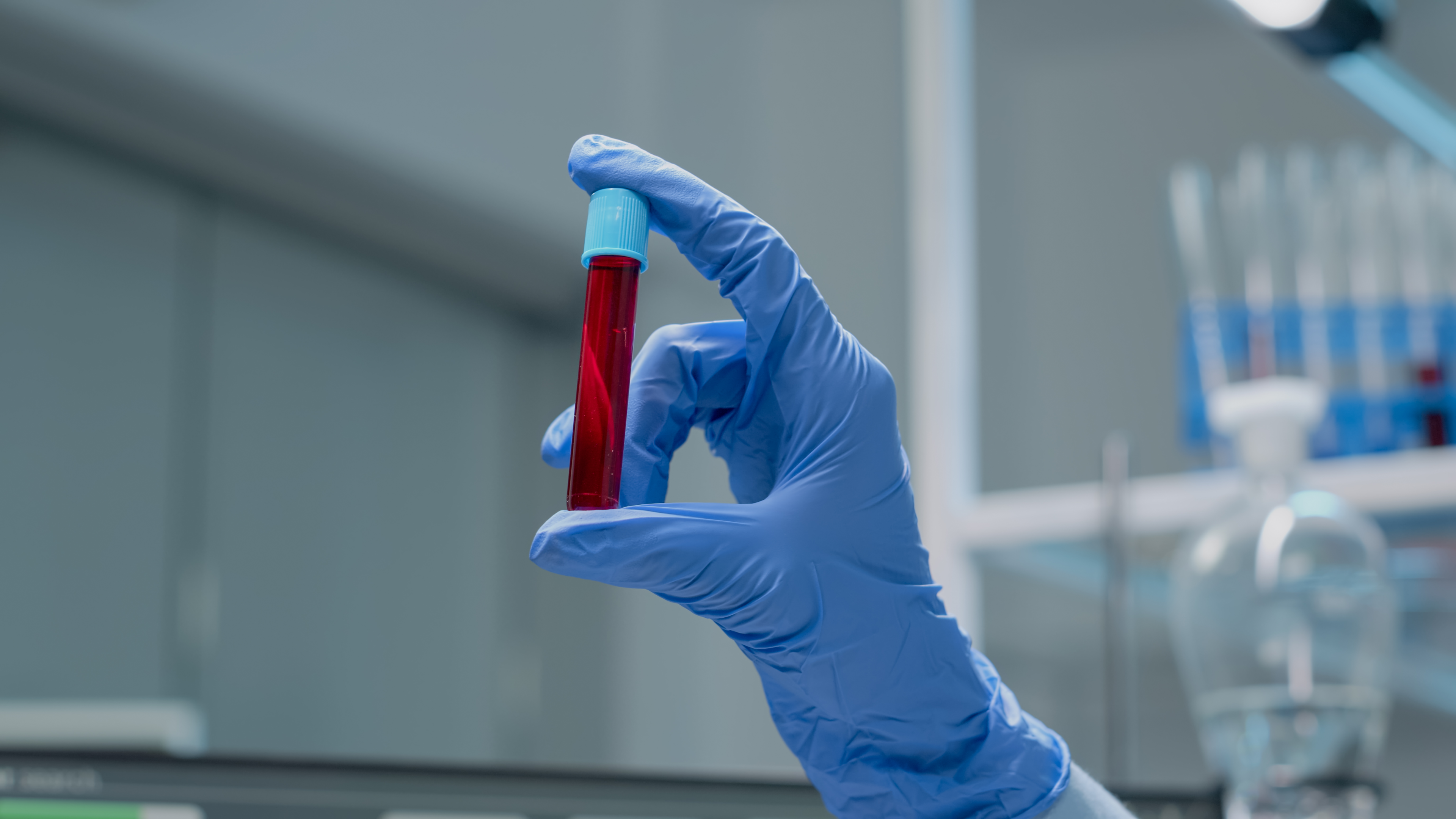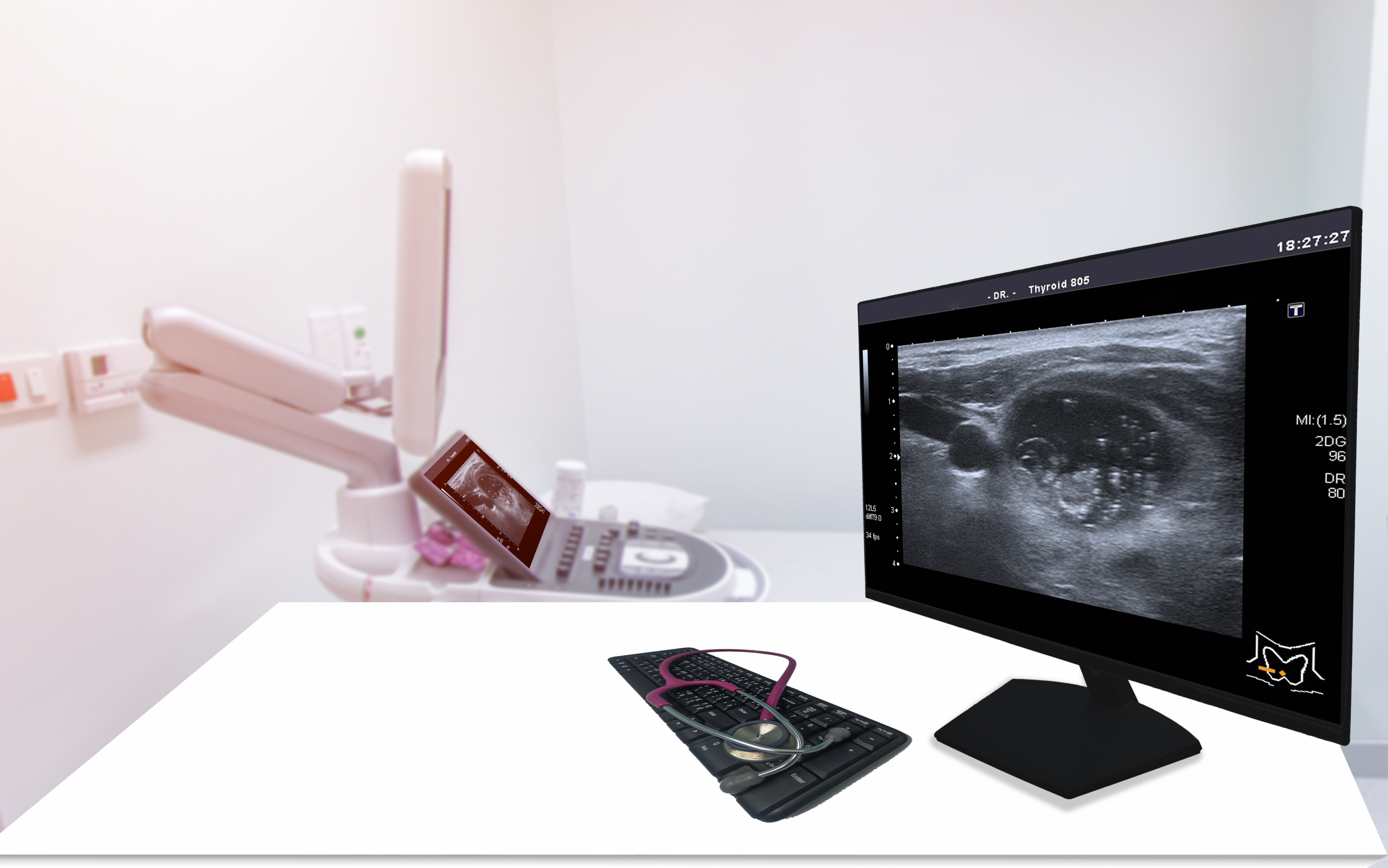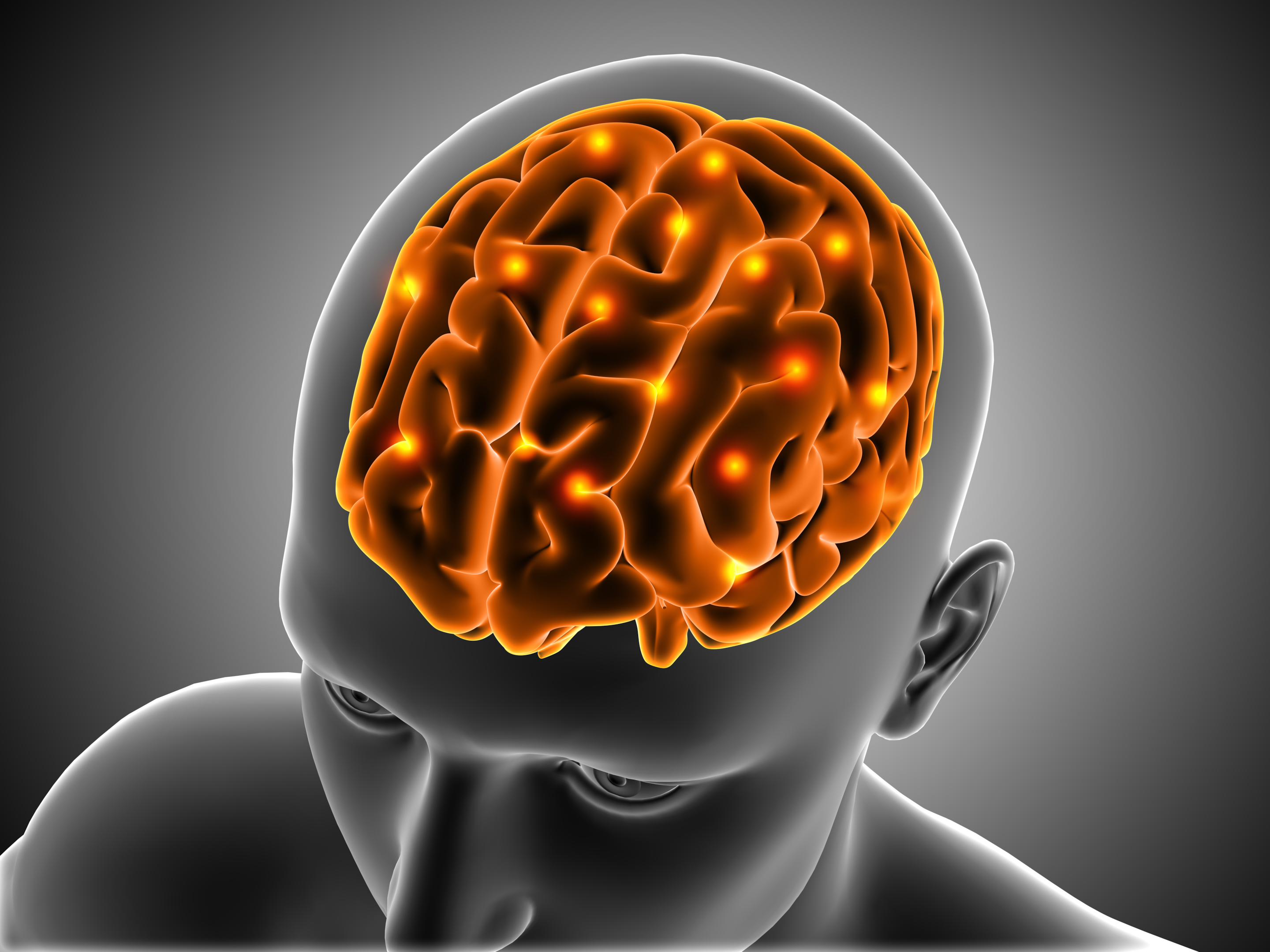Why do I have underactive thyroid symptoms, but my blood test is normal?


Blood tests are sometimes very accurate diagnostic tools but should be combined with clinical symptoms for better accuracy.

The thyroid gland, a butterfly-shaped gland in the neck region, has various important bodily functions. It produces thyroid hormones (T3 and T4), which control metabolism (energy production), heart rate, body temperature etc. An under-active thyroid gland would mean all these functions will be compromised. But how to know if you have an under-active thyroid?
The levels of these hormones are used to indicate the health of the thyroid gland. Another hormone called stimulating thyroid hormone (TSH) is secreted by the pituitary gland and works on the thyroid gland. A higher level of TSH means that the thyroid gland is hypoactive and not picking up the TSH from the blood.
But, sometimes, the TSH measure can be deceiving as it can be normal even if you have underactive thyroid symptoms. Why can this happen? There are two possibilities, either your TSH level is not so high to qualify for hypothyroidism, or you have secondary hypothyroidism in which the cause of the problem is the TSH and not the thyroid gland.

We will describe the situations in which you can have a normal TSH level in your blood, even in the presence of an underactive thyroid. But, first of all, you should know the normal range of TSH.
The normal value of TSH has a wide range. The acceptable range is 0.35-4.5 mIU/L (milli international units per litre). However, some laboratories narrow this 'normal range to 0.5-2.5 mIU/L. Any value in the range of 4.5-10 mIU/L shows hypothyroidism, but it could not be the sole cause.
The values above this range are certainly due to hypothyroidism, and the person will experience symptoms of hypothyroidism too.
Various factors can be responsible for this, e.g.,
Pregnancy can confuse thyroid health. During pregnancy, you need higher levels of thyroid hormones than usual. The body responds to this challenge by increasing the production of TSH. But, the level of TSH remains nearly the same as the extra TSH is used by the thyroid gland. But, you may have an elevated TSH but with normal thyroid.
The opposite can also occur in that you can have under-active thyroid symptoms, but your TSH levels are normal (the elevated TSH is just near the normal). So, if your pregnancy test is positive, and you have symptoms of an under-active thyroid, don't rely on the TSH levels or interpret these results differently.

However, the TSH disturbances during pregnancy are very minimal, and any exceptionally higher level is not normal and can be a sign of a serious issue that can potentially lead to miscarriage.
So, pregnancy can mask hypothyroidism. Hypothyroidism during pregnancy can cause various complications, so you need to monitor thyroid activities. Mostly the doctors go for the treatment of hypo-active thyroid as the levels are 4 mIU/L during the pregnancy.
If you have symptoms of an underactive thyroid, our Instant Pregnancy Test can rule out pregnancy as the cause. This test detects the levels of human chorionic gonadotropin (hCG) in the blood, which is the earliest biomarker of pregnancy. The test gives 99% accurate results within 3 minutes. Click here to place your order.
The usual clinical picture of subclinical hypothyroidism is slightly elevated levels of TSH. The common figure given by many laboratories is 4-10 mIU/L. But biology is never so straightforward. Sometimes, you can have your TSH levels within the normal range, but this level is still higher for your normal routine.
It means that the thyroid is losing its working efficiency. During sub-clinical hypothyroidism, the thyroid hormone levels (T3 and T4) are not lower and are being produced at the same rate.

Such cases are treated only if the person develops symptoms of thyroid deficiency. Sub-clinical hypothyroidism is not normal and can be a risk factor for future hypothyroidism, particularly if you have elevated thyroid antibodies.
The thyroid tests are ambiguous, and there are no clear-cut criteria for 'normal' and 'abnormal' values. It means you can have a normal value according to one testing kit or protocol and abnormal values according to the other test kit. This situation creates the possibility of having a normal TSH value according to one kit while having an underactive thyroid gland.
For more information and our comprehensive guide to blood tests, click here.

An acceptable threshold is to start treatment for a TSH value of 10 mU/L or higher. Also, you need repeat testing with a better and more sensitive thyroid disease diagnostic kit to access thyroid function if you have the clinical signs of hypothyroidism.
Our Instant Thyroid Test kit is very sensitive for this job. It detects the level of TSH in the blood and helps you to know if the cause of symptoms is an underactive thyroid. Click here to place your order.
Also called central hypothyroidism, it is a less common type of hypothyroidism. It is a situation in which your thyroid gland is healthy, but there is some issue with the levels of TSH. Recall that the pituitary gland produces TSH. So, if your pituitary gland is not producing enough TSH due to any cause, it can lead to a hypo-active thyroid gland. The reverse can also happen.

Sometimes, the pituitary gland can produce biologically inactive TSH, which means it will not work on the thyroid, causing hypothyroidism but with normal TSH levels. The hypothalamus, a part of the brain, controls the activities of the pituitary gland. So, any brain infection or injury causing damage to the hypothalamus can also lead to this situation.
In these situations, the doctors will use the T4 levels to diagnose the under-active thyroid gland rather than the TSH levels. The causes of secondary hypothyroidism are;
The use of some drugs, e.g., dopamine, Prednisone and opioids.
Radiation therapy for brain cancer
Deficiency or resistance against TRH (thyrotropin-releasing hormone produced by the hypothalamus, which controls the secretion of TSH by the pituitary gland).
Situations causing damage to the pituitary gland, e.g., Sheehan's syndrome.
Tumours of the hypothalamus or pituitary gland
Infiltration of the pituitary gland with immune cells, e.g., during lymphocytic hypophysitis
The secretions of the thyroid gland are under the influence of thyroid-stimulating hormone (TSH). The thyroid hormones control important body functions, e.g., sleep, body temperature, energy levels etc. So, thyroid hormone production is very critical for the body.
For most cases, the lower TSH levels indicate hypothyroidism, but this is not the case in all situations.
In some situations mentioned above, a person can have hypo-active thyroid even with normal TSH levels and other thyroid function tests. It is a good idea to consult an endocrinologist who will use a variety of other diagnostic approaches to diagnose an underactive thyroid gland.

The interpretation of test results needs the help of a health expert. Click here for consultation with the Welzo health experts.










Plus get the inside scoop on our latest content and updates in our monthly newsletter.